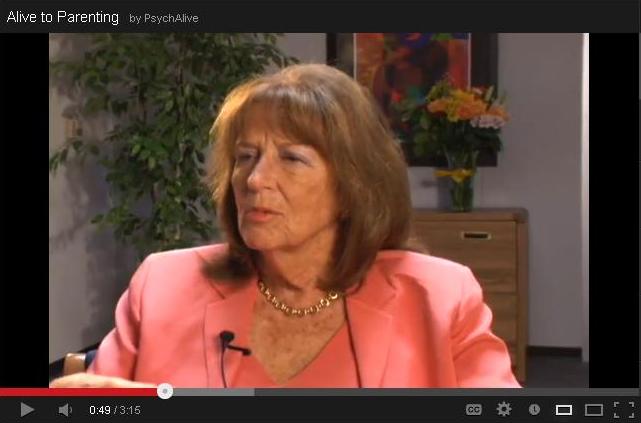Search Results for: kessler/2009/11/nerf-guns-–-what-are-we-afraid-of/2009/12/1593/2009/12/1593/2009/11/nerf-guns-–-what-are-we-afraid-of/2009/12/1593/2009/11/your-role-in-your-childs-development
Post Traumatic Stress Disorder
…ors • Identify anniversary reactions and provide treatment when indicated • Identify and access resources…
Learn MoreHow to Treat an Allergy to a Person
…use of this technique will give greater freedom and power to your personal development and individual success and will diminish the sum total of hostility and anxiety in this troubled and frustrating modern world. Read Parts 1 and 2 of this Blog Series: Having an Allergy to a Person – Part 1 How to Cope with an Allergy to a Person – Part 2 Prof. Dr. Yasmin Nilofer Farooqi (Tamgha-i-Imtiaz) is currently working as Professor and Ex-chairperson at th…
Learn MoreVIDEO: Dr. Allan Schore on Key Factors in Treating Suicidal Individuals
…to that also. Because of the early relational attachment trauma, the usual developmental milestones are not reached when we’re talking about social/emotional development. In the first year of life, because of good attachment, the child comes to a sense of trust and the child comes to a sense of safety. For these individuals that was never attained, and therefore it is difficult at any moment of time for them to actually feel — especially with anot…
Learn MoreSelf-Reflective Approach to Becoming a Better Parent
…Becoming a better parent doesn’t only involve our present actions. To truly develop ourselves as parents, it is important to look at our own past . Child development expert Joyce Catlett talks about how making sense of our own childhood experiences can help us to become better parents to our children….
Learn MoreAn Interview with Dr. Peter Levine
…pular publications. Dr. Levine was a stress consultant for NASA during the development of the Space Shuttle, and has taught at treatment centers, hospitals and pain clinics throughout the world, as well as at the Hopi Guidance Center in Arizona. Peter served on the World, Psychologists for Social Responsibility, presidents’ initiative on responding to large scale disasters and ethno-political warfare. He is a Senior Fellow at The Meadows Trauma an…
Learn MoreIs Your Technology Use Hurting Your Kids?
…ers in the 1970s highlighted the potentially harmful emotional, social and developmental impact when a mother stops responding to her baby with appropriate facial expressions. Since then, other studies have further shown that affect mirroring, in which the mother interacts with her child with high levels of “attention maintenance, sensitivity and responsiveness” resulted in babies that ranked “high on prosocial behaviors and social expectancy, whe…
Learn MoreVIDEO: Dr. Allan Schore on Therapeutic Alliance and Emotional Communication
…o that would be in a relationship. At the same time, the movement in early development is showing that the growth facilitating environment — the attachment — is essentially the same kind of a situation whereby the personality of the mother at deeper levels – not her left hemisphere – but at deeper levels, are interacting and resonating with the baby. Actually, you’re looking at her autonomic nervous system regulating the other autonomic nervous sy…
Learn MoreTelehealth, The New Standard
…re accustomed to seamlessly transitioning between work, play, and personal development. A static face-to-face session that occurs no matter what the week brings runs contrary to the Web 2.0 culture of spontaneity and flexibility. This Introductory level course includes seven engaging and informative audio interviews, all of which come with written transcripts, and several articles. The first section includes three audio interviews: Dr. Ofer Zur on…
Learn MoreInnovations and Conveniences: Ups and Downs of Parenting in the 21st Century
…erable our children’s neurology is and how their experiences shape who they are and how they function. High reward experiences can become preferable to real world experiences and impair judgment and function. To support the development of resilience, we have to help our children face the challenges of everyday life and learn about their emotional selves. Innovations and conveniences can be a support but there can be too much of a good thing!…
Learn More








